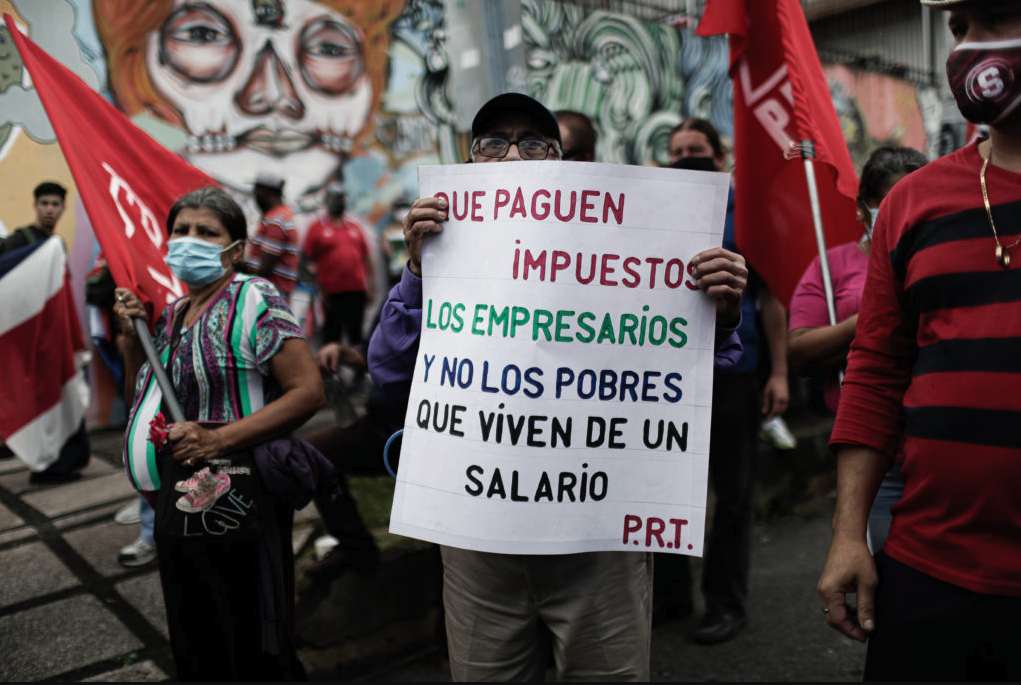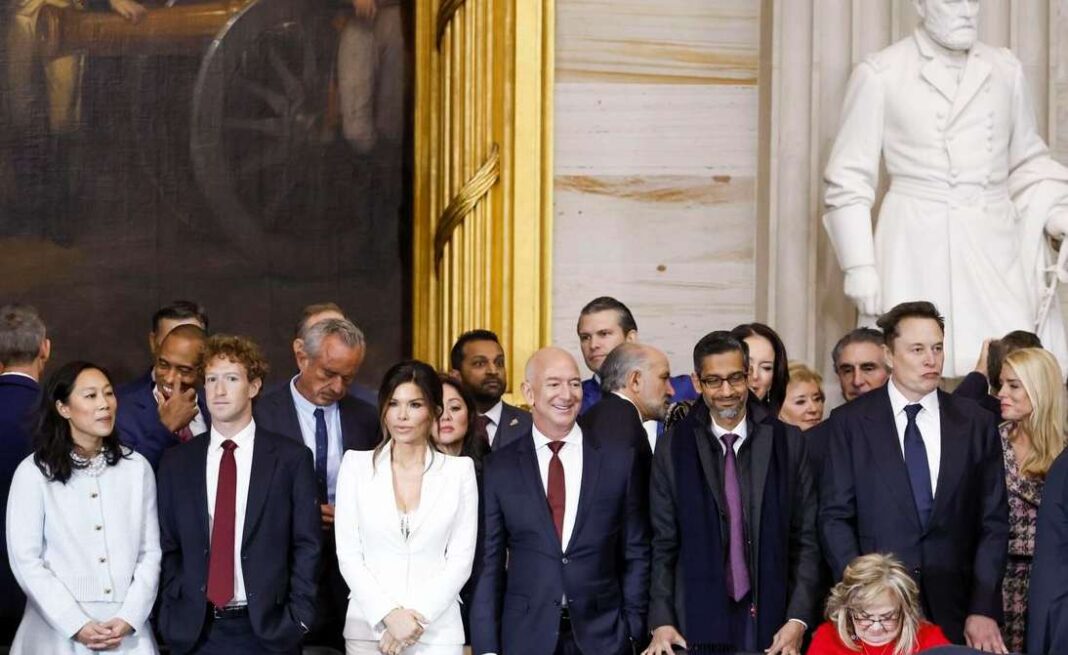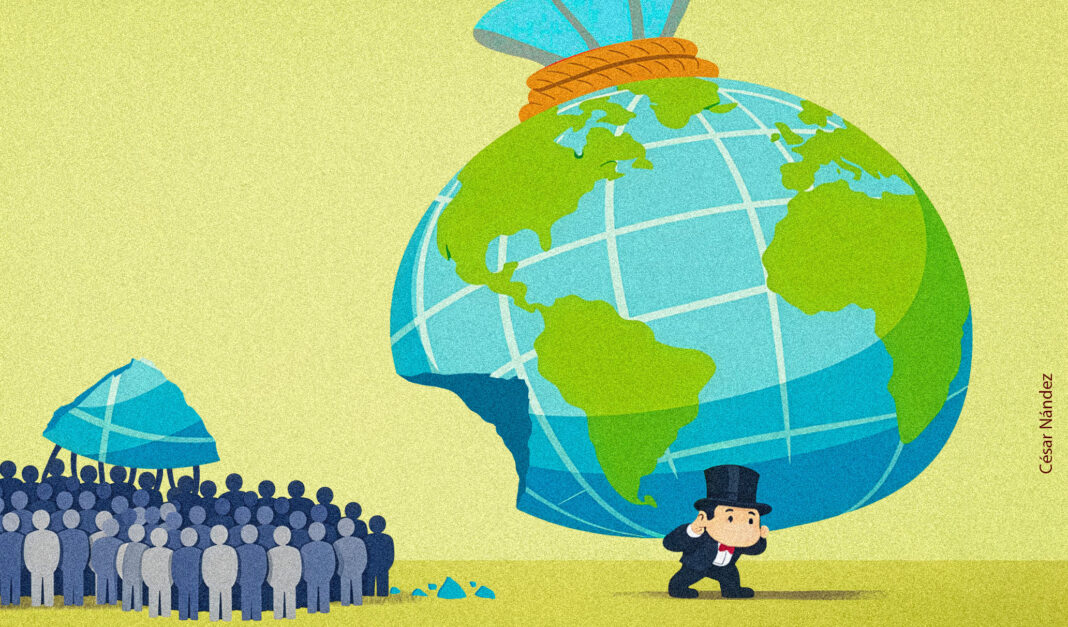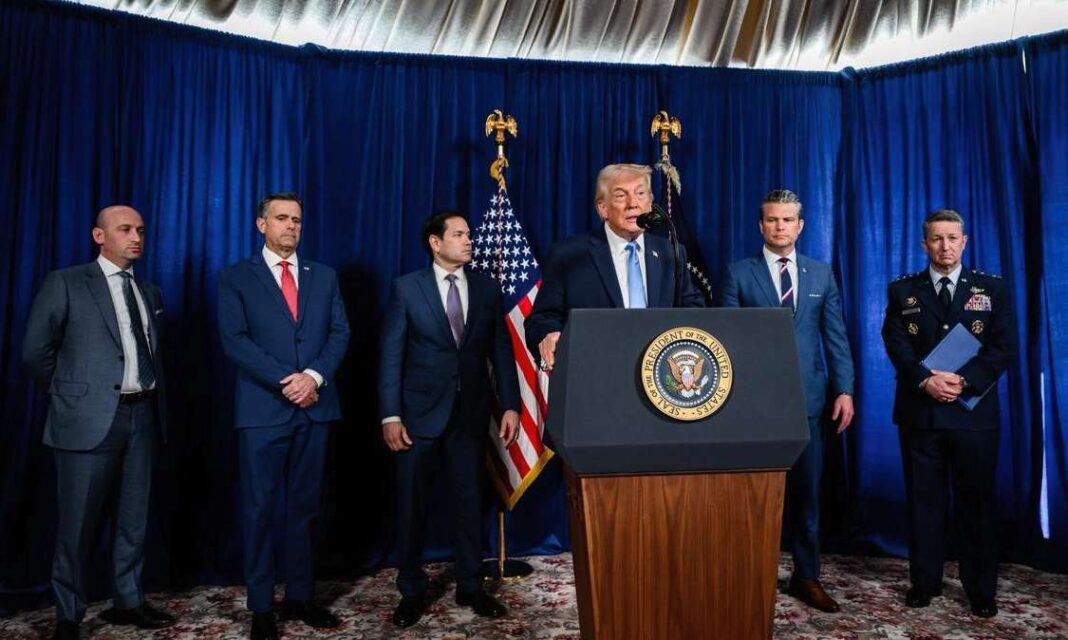Debates
Order by
After 40 years of frustrations and resilience, Mercosur is more relevant than ever
After four decades of crises, disagreements, and constant adaptations, Mercosur shows that its greatest strength is not the absence of conflict, but its ability to endure and continue to be a key player in regional integration.
Progressivity or adjustment: The foundations of a new Latin American fiscal pact
Latin America faces a fiscal dilemma that cannot be resolved by choosing between raising taxes or cutting spending, but rather by redefining what kind of state it seeks to finance and how to do so in a sustainable and legitimate manner.
The real threat to democracy is not populism: it is oligarchy
The crisis of democracy does not stem from mobilized masses, but from economic elites who, operating from within, have learned to govern without accountability.
Corporate lobbying pushes society toward collapse
The power of corporate lobbying and the extreme concentration of wealth are deepening inequality and weakening social and democratic foundations, pushing economies toward a growing risk of social fracture.
The politicization of discontent
The advance of new right-wing movements in Latin America cannot be explained solely by ideological cycles; rather, it reflects their ability to transform deep and anomic social discontent into a coherent political project.
Venezuela and the world order
The Venezuelan crisis reveals not a new world order, but rather the persistence of the old principle of the rule of the strongest, now reconfigured into an open struggle over spheres of influence.














